|

南开校友及各界朋友信息交流平台
|
|
黎凤鸣
黎凤鸣先生,广东人。 毕业于北京大学西语系。 我们的第二外语法语教授。 改革开放后与其先生南开化学系教授李谦初先生一起到香港定居。黎先生教学认真,效果好;与对人热情,学生打成一片,深受师生欢迎。
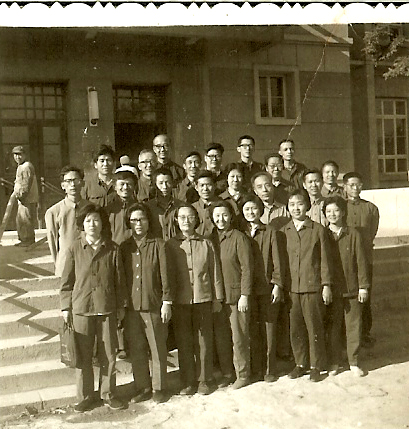
外文系英专教研室全体合影,前排左起第四人黎先生 1978年

黎先生参加南开百年校庆。左起孙毅兵(学诗)、崔永禄、柯文礼、高东山、黎凤鸣老师、王蕴茹、刘士聪, 10/17/2019.

南开百年校庆黎先生与高东山交谈 10/17/2019
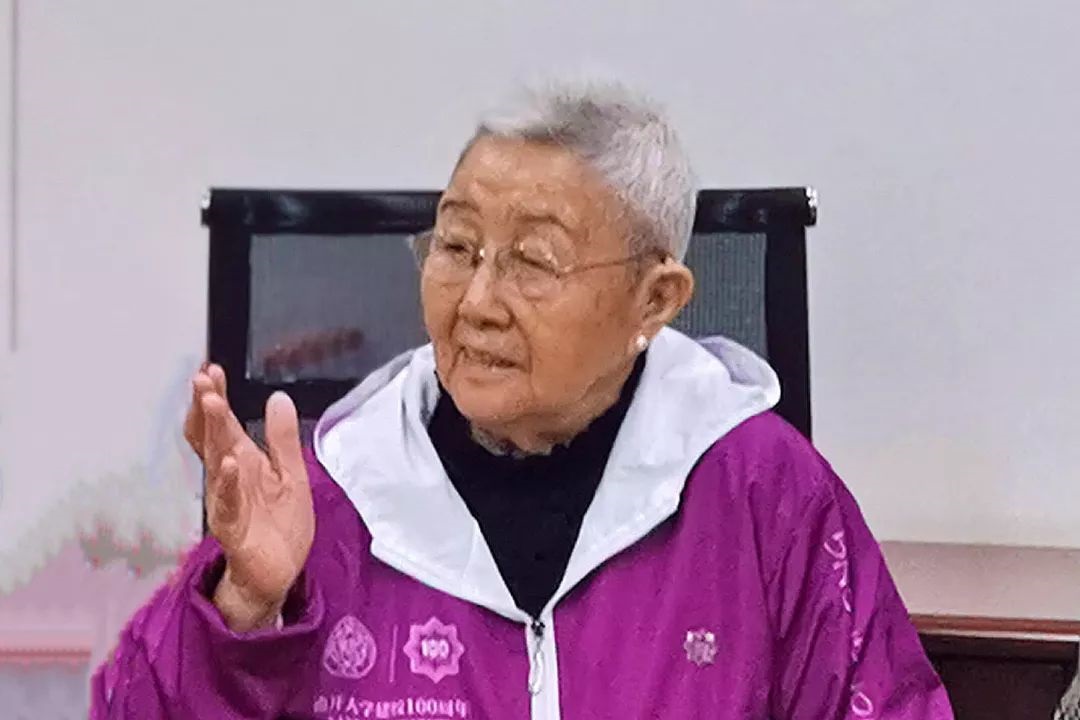
李凤鸣先生在南开百年校庆与校友交谈 10/17/2019
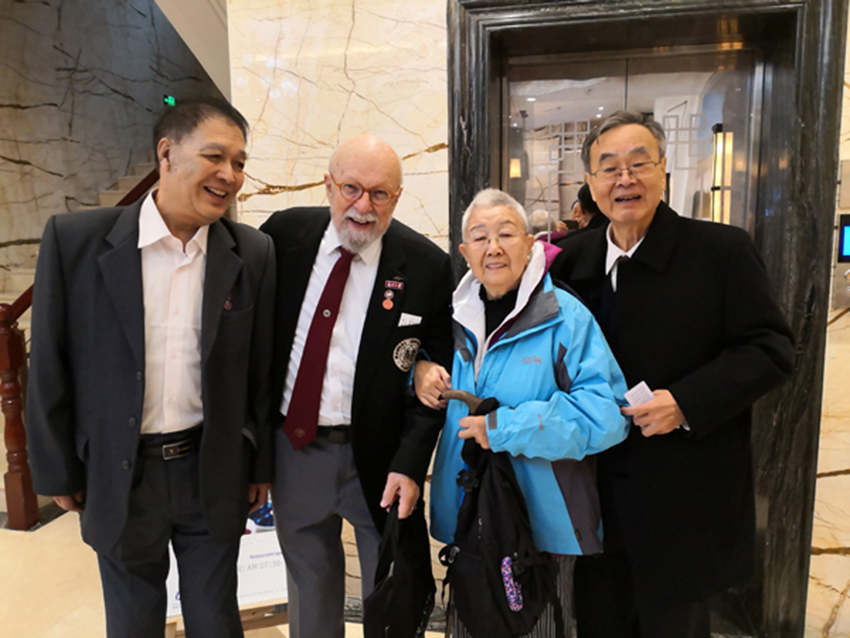
左起杨桂林、费希尔、黎先生、周轩进 10/17/2019

黎先生(左三)与校友在南开园亲切交谈,左起白莉、朱理璇等校友
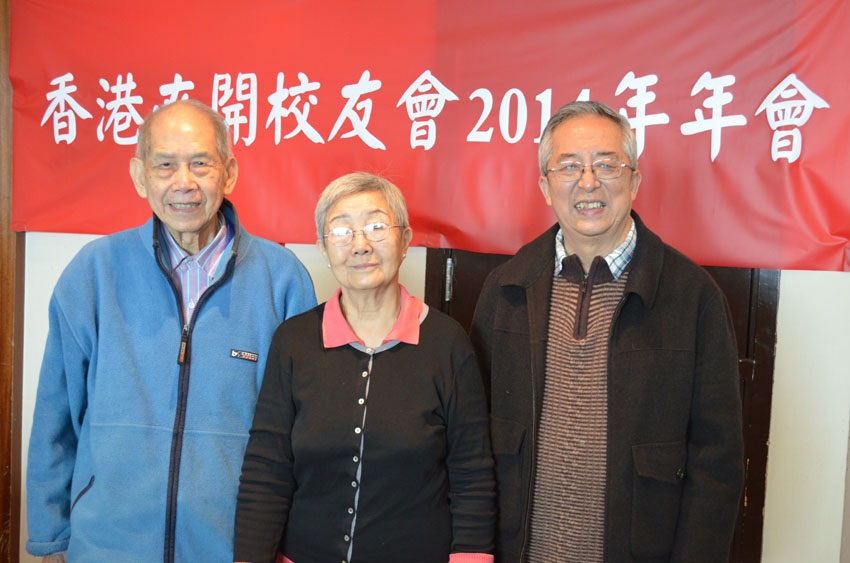
黎凤鸣老师(中)与她先生化学系李谦初老师(左)和外文系俄专刘蜀永(右)
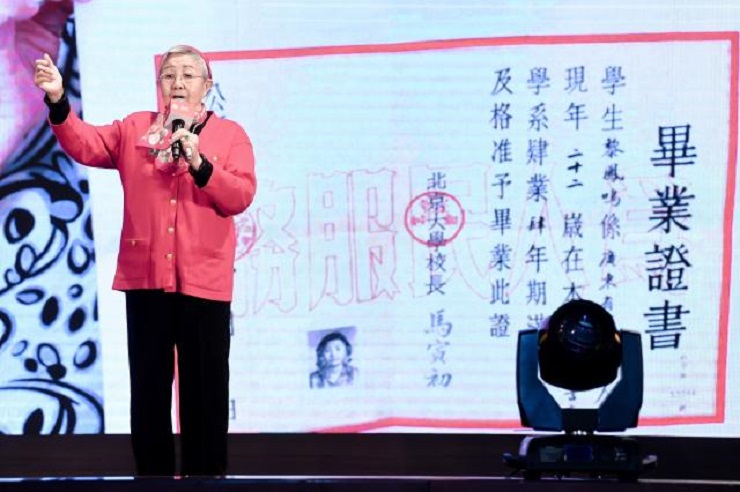
黎凤鸣先生北大毕业证书
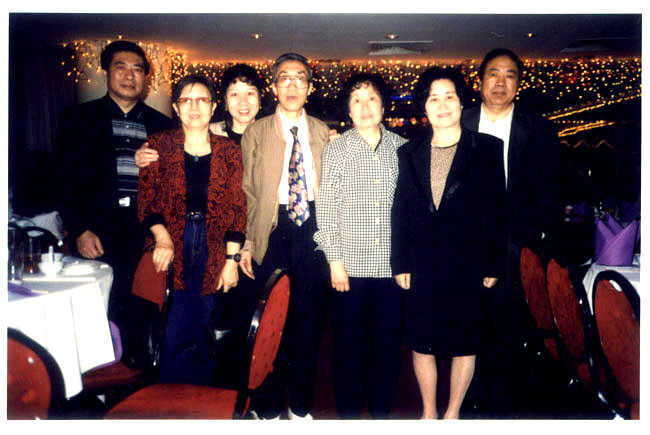
左起第二人是黎先生
|
English Poet John Donne (1572-1631) |
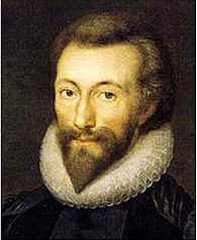
John Donne
(This work of art is in public domain.)
|
John Donne was an English Jacobean poet, preacher and a major representative of the metaphysical poets of the period. John Donne's standing as a great English poet, and one of the greatest writers of English prose, is now assured. However, it has been confirmed only in the present century. The history of Donne's reputation is the most remarkable of any major writer in English; no other body of great poetry has fallen so far from favor for so long and been generally condemned as inept and crude. In Donne's own day his poetry was highly prized among the small circle of his admirers, who read it as it was circulated in manuscript, and in his later years he gained wide fame as a preacher.His works are notable for their realistic and sensual style on love, sexuality, religion and death. He wrote sonnets, love poetry, religious poems, Latin translations, epigrams, elegies, songs, satires and sermons. His poetry is noted for its vibrancy of language and inventiveness of metaphor, especially as compared to those of his contemporaries. Despite his great education and poetic talents he lived in poverty for several years, relying heavily on wealthy friends. In 1615 he became an Anglican priest and, in 1621, was appointed the Dean of St Paul's Cathedral in London. Some scholars believe that Donne's literary works reflect these trends, with love poetry and satires from his youth and religious sermons during his later years. |
The Flea
by John Donne
Mark but this flea, and mark in this,
How little that which thou deniest me is;
Me it sucked first, and now sucks thee,
And in this flea our two bloods mingled be;
Thou know’st that this cannot be said
A sin, or shame, or loss of maidenhead,
Yet this enjoys before it woo,
And pampered swells with one blood made of two,
And this, alas, is more than we would do.
Oh stay, three lives in one flea spare,
Where we almost, nay more than married are.
This flea is you and I, and this
Our mariage bed and mariage temple is;
Though parents grudge, and you, we are met,
And cloisterd in these living walls of jet.
Though use make you apt to kill me,
Let not to that, self-murder added be,
And sacrilege, three sins in killing three.
Cruel and sudden, hast thou since
Purpled thy nail in blood of innocence?
Wherein could this flea guilty be,
Except in that drop which it sucked from thee?
Yet thou triumph’st, and say'st that thou
Find’st not thy self, nor me the weaker now;
’Tis true; then learn how false, fears be:
Just so much honor, when thou yield’st to me,
Will waste, as this flea’s death took life from thee.
|
Holy Sonnets:
Thou hast made me, and shall thy work decay?
by John Donne
Thou hast made me, and shall thy work decay?
Repair me now, for now mine end doth haste,
I run to death, and death meets me as fast,
And all my pleasures are like yesterday;
I dare not move my dim eyes any way,
Despair behind, and death before doth cast
Such terror, and my feebled flesh doth waste
By sin in it, which it t'wards hell doth weigh.
Only thou art above, and when towards thee
By thy leave I can look, I rise again;
But our old subtle foe so tempteth me,
That not one hour I can myself sustain;
Thy grace may wing me to prevent his art,
And thou like adamant draw mine iron heart.
|
Song: Go and catch a falling star
by John Donne
Go and catch a falling star,
Get with child a mandrake root,
Tell me where all past years are,
Or who cleft the devil's foot,
Teach me to hear mermaids singing,
Or to keep off envy's stinging,
And find
What wind
Serves to advance an honest mind.
If thou be'st born to strange sights,
Things invisible to see,
Ride ten thousand days and nights,
Till age snow white hairs on thee,
Thou, when thou return'st, wilt tell me,
All strange wonders that befell thee,
And swear,
No where
Lives a woman true, and fair.
If thou find'st one, let me know,
Such a pilgrimage were sweet;
Yet do not, I would not go,
Though at next door we might meet;
Though she were true, when you met her,
And last, till you write your letter,
Yet she
Will be
False, ere I come, to two, or three.
|
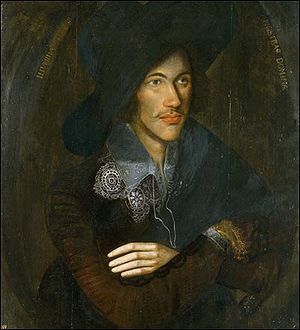 A portrait of Donne as a young man, c. 1595. Artist unknown。
A portrait of Donne as a young man, c. 1595. Artist unknown。
(This work of art is in the public domain.)
|
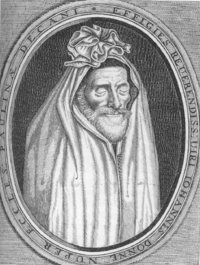
Portrait of Donne as he expected to appear when he rose
from the grave at the Apocalypse.
(This portrait is in the public domain.)
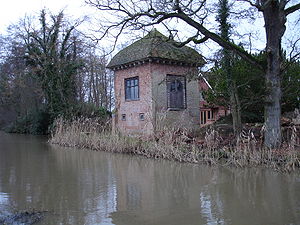
Part of the house where John Donne lived in Pyrford of Surrey, England.
(
This image has been released into the public domain by its author, SuzanneKn )
 
|
|



